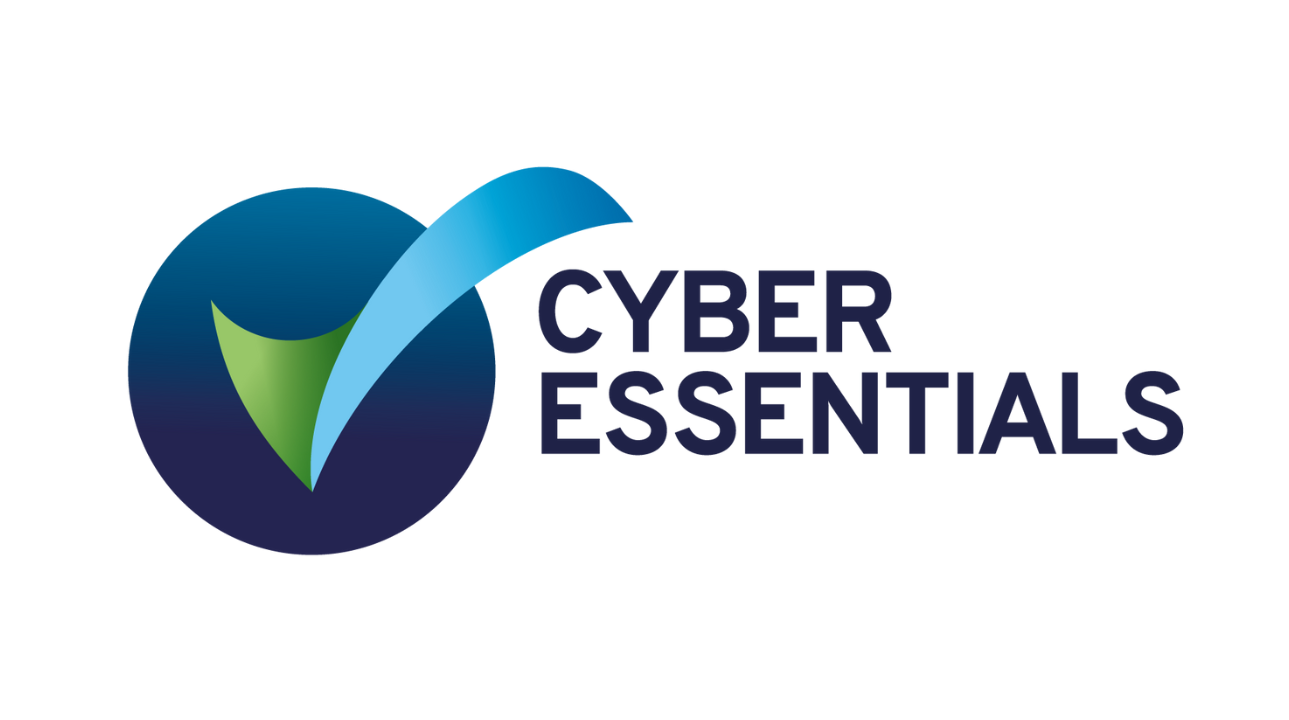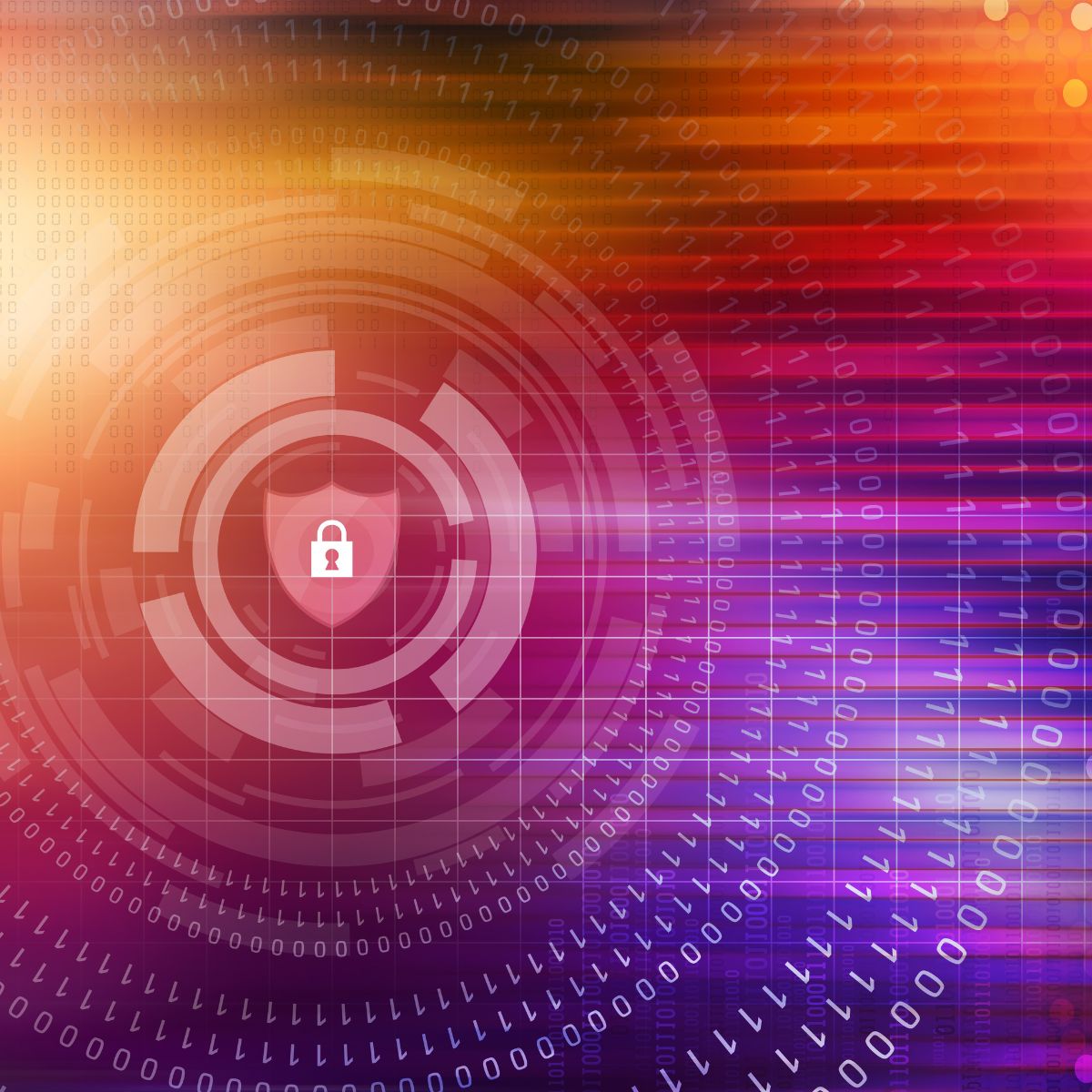Does Your Detection and Response Capability Have a Huge Blind Spot?
Detecting and responding to threats is a critical component of any modern cyber security strategy, hence the rapid rise of Managed Detection and Response (MDR) services in the market today. Whether managed internally in partnership with a service provider, continuously scanning for threats and being ready to respond when defences are breached is widely recognised as essential. However, while most organisations and/or their MDR providers focus their detection and response efforts on threats within their own infrastructure, it's essential to recognise that there exists a vast universe of external threats persistently targeting your business.
















